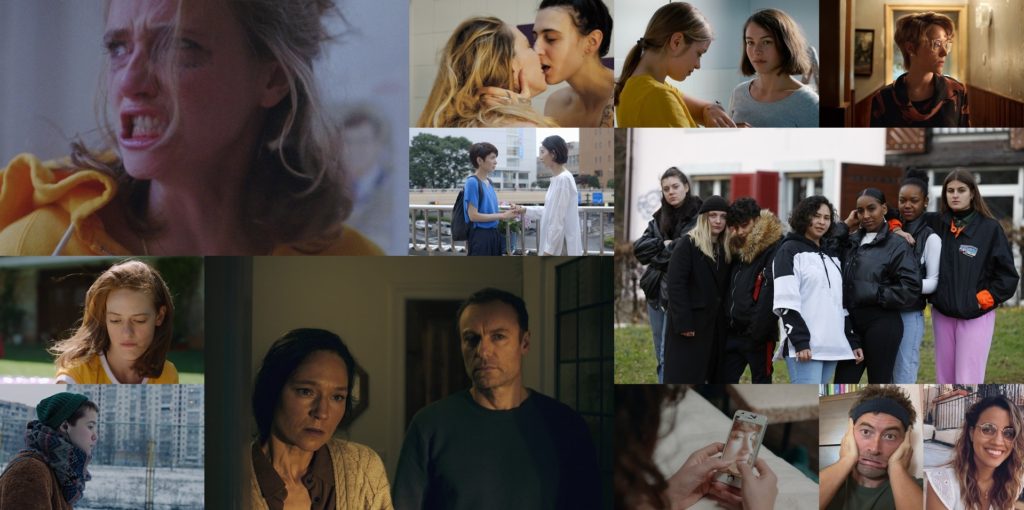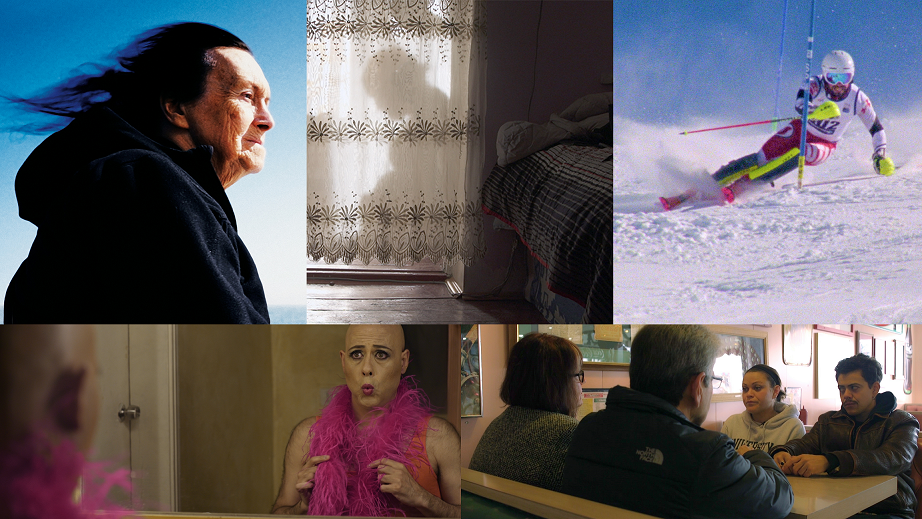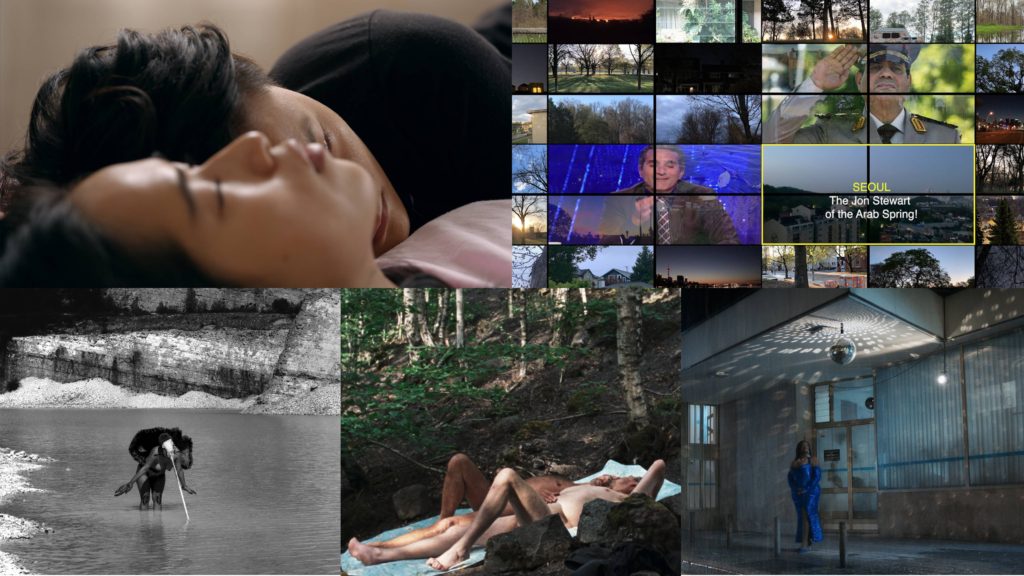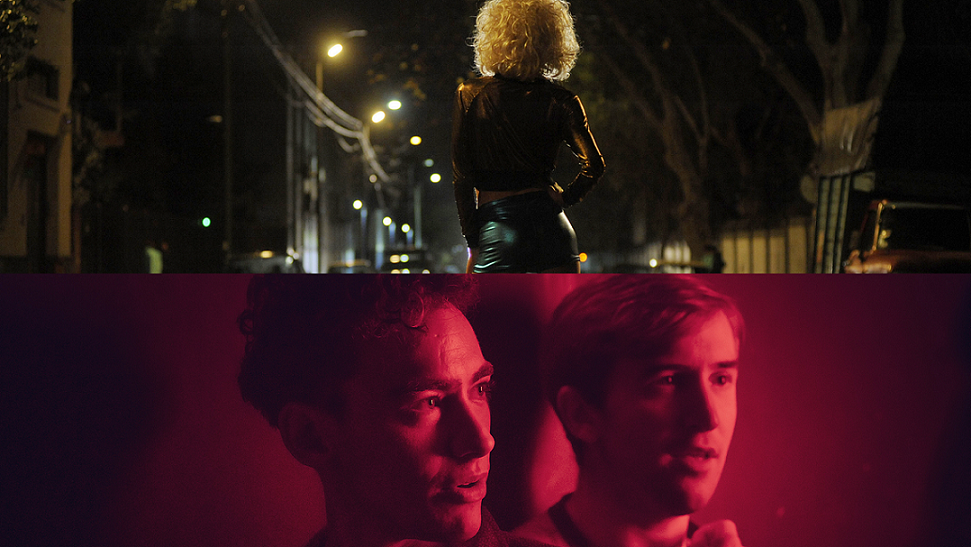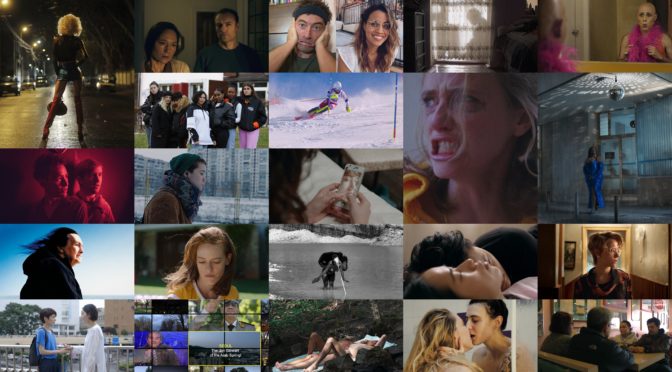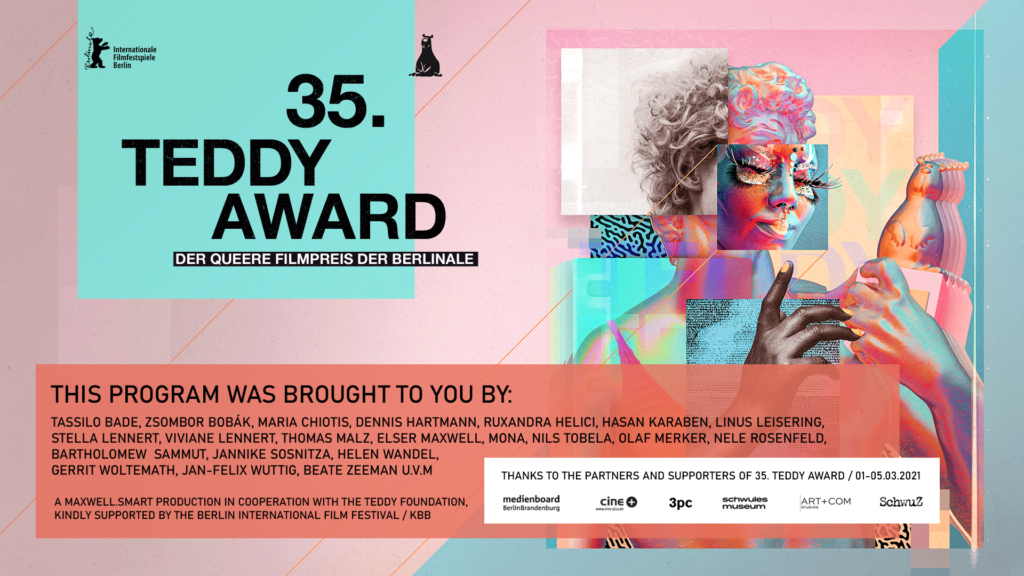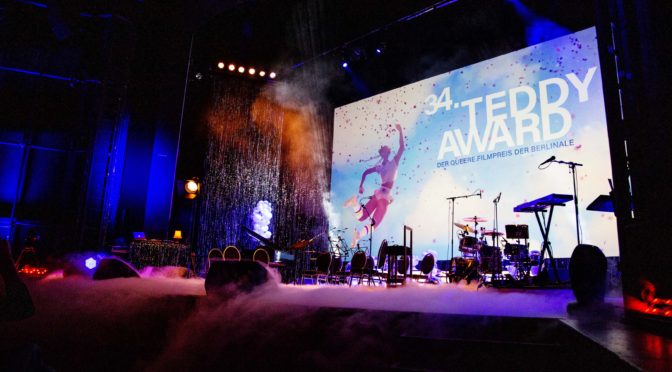Even as the world seems to be paused until further notice, the Teddy Award keeps on thriving! No stubborn pandemic can stop the 35th edition of the Teddy Award from spreading the same joyful energy with our LGBTQ+ community and beyond.
Like most events during the pandemic, the 35th TEDDY AWARD will have to take place in a different form this year. Following the successful first stage – the Industry Event from March 1-5, 2021 – which saw daily live studio talks, discussions, panels and interviews on current films and developments in the queer media industry, the TEDDY AWARD is also part of the 71st Berlinale’s Summer Special from June 9-20, 2021 with reports and interviews on the queer films at the festival.
Download Press Release May 28,2021
All the
films nominated for the 35th TEDDY AWARD are being shown in the city’s open-air cinemas as part of the Berlinale’s open-air film screenings. The highlight of the TEDDY summer events is the celebration of queer cinema on June 18, 2021 at 7 pm with the 35
th TEDDY AWARD ceremony. Due to the ongoing pandemic-related restrictions, the award ceremony will take place entirely online and will be streamed
LIVE FROM THE TEDDY TV STUDIO at teddyaward.tv/live.
No matter what the world may look like: With the 35th TEDDY AWARD, we want to share a ray of queer joy, visibility and community with you in these chaotic times.
>> As always, all information updates can be found here in the TEDDY blog.
